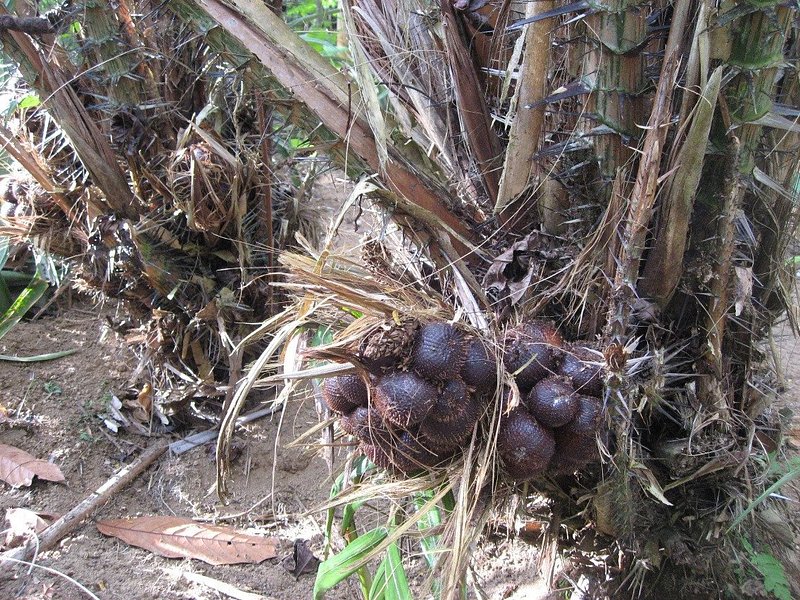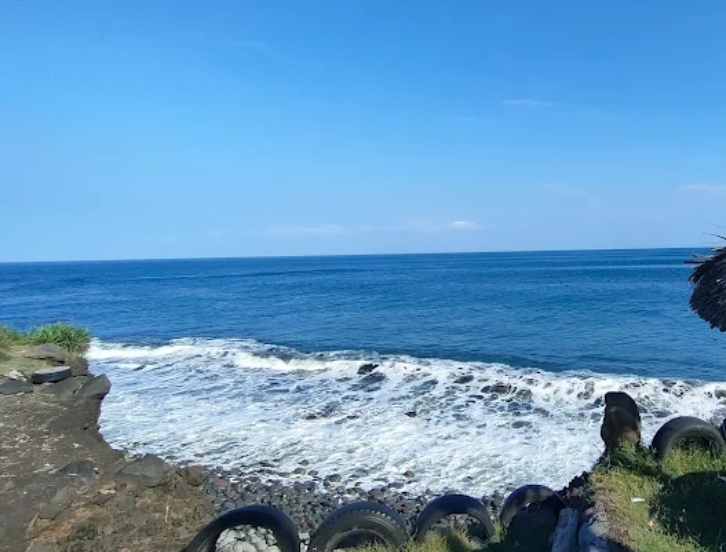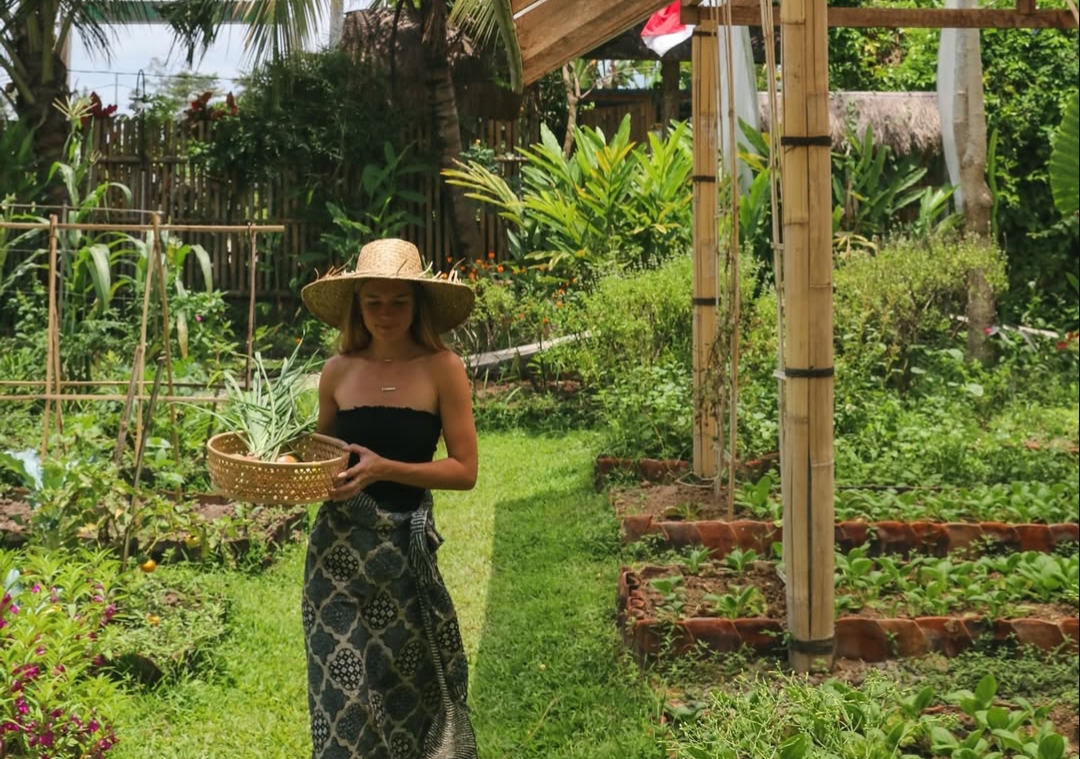Nestled in the scenic Bebandem District of Karangasem Regency, Sibetan Village offers a unique agro-tourism experience centered around the cultivation of salak or snake fruit.
This charming village, located at the foothills of Mount Agung, is renowned for its fertile soil and cool climate, which make it the perfect environment for growing high-quality salak.
Nearly every household in Sibetan is involved in salak farming, with lush orchards lining the village roads and highways.
Sibetan is not just any farming village—it has transformed into a thriving agro-tourism destination where visitors can experience the beauty of its salak plantations.
Managed by the Dukuh Lestari tourism awareness group, the village offers tourists an immersive opportunity to explore the rich agricultural heritage of Bali.
With over 15 varieties of salak grown here, including the popular pineapple salak and granulated sugar salak, visitors can indulge in tasting sessions that showcase the fruit’s sweet, refreshing flavor and thick, juicy flesh.
Situated at an altitude of 400 to 600 meters above sea level, Sibetan enjoys a mild climate with temperatures ranging between 20°C and 30°C.
The village receives ample rainfall, averaging between 1,500 mm and 2,000 mm annually, making it ideal for cultivating salak.
This unique combination of cool weather and fertile soil has contributed to the distinctive taste of salak Bali, which sets it apart from similar fruits grown in other parts of Indonesia.
Tourists visiting Sibetan can explore expansive salak plantations, which cover approximately 81% of the village’s land—equivalent to 1,125 hectares.
During harvest season, visitors have the chance to witness the fruit-picking process and learn about how salak is sorted, packaged, and marketed.
Beyond the agricultural aspect, Sibetan offers insights into the local culture and traditions. Visitors can enjoy live performances of traditional Balinese dances, including genjek and angklung, which add to the village’s cultural charm.
Sibetan’s agro-tourism initiative has also spurred the development of local amenities, including small restaurants (warungs) and guesthouses, where visitors can relax and savor the peaceful village atmosphere.
With its panoramic views, fresh mountain air, and vibrant cultural heritage, Sibetan offers a serene escape from the busier tourist hubs of Bali. (BT)





